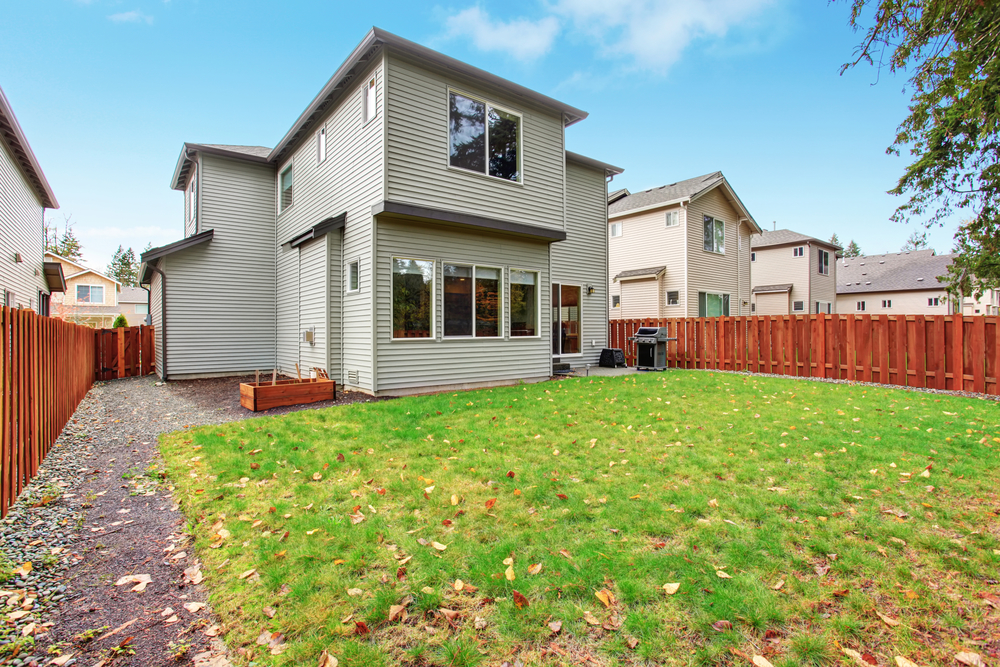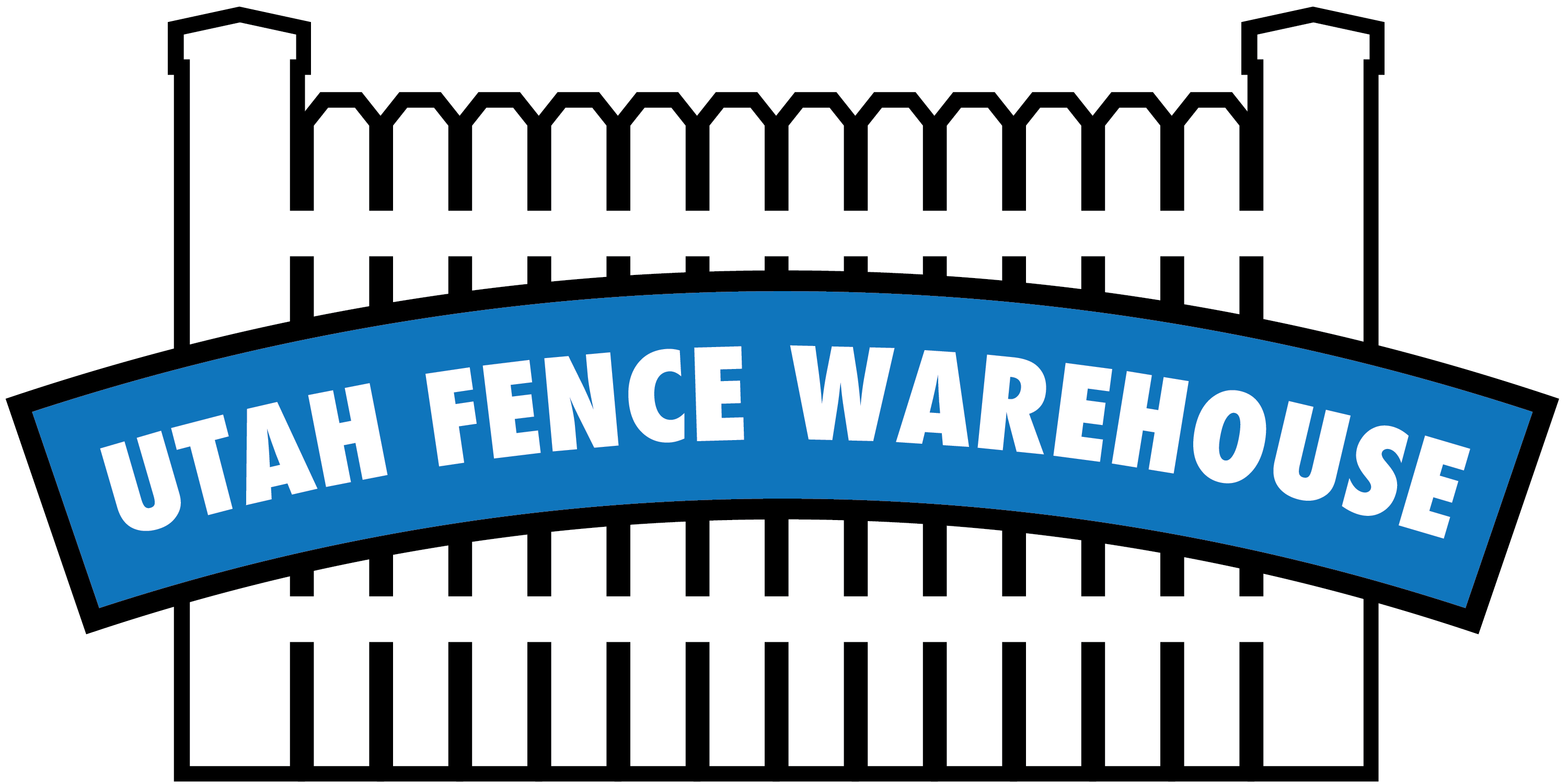It can be hard to tell whether fencing a rental property is worth it. After all, you’re not planning to live at the property, so you won’t experience the everyday value an enclosed yard provides. Or will you?
As a landlord, everything that affects your tenants affects you too, by default. So if you’re thinking of fencing a rental property before you list it, consider the pros and cons carefully.

Why Tenants Love Fenced Rental Properties
Fencing a rental property adds to its marketability significantly, especially if you’re looking for tenants for a single-family home or a property where pets are allowed. Children and pets love to run free, and parents and owners are more than happy to accommodate these wishes, as long as there is a fence. Without the security of a fence, mom, dad, kids and furry friends aren’t as happy, because it’s harder to get enough exercise and fresh air.
Tenants also love fences because of the privacy they offer. They don’t know the neighbors and they’d rather keep their distance until they do. They also like the added security that comes with knowing their yard is enclosed and protected from the random passers-by.
If you’re competing against many other rental properties in the market, consider fencing your rental property to set it apart. You can be sure prospective renters are on the lookout for this feature.
When a Tenant Wants a Fence
What if you already have a tenant living in the home and they come to you asking for a fence? If you want to keep a good, long-term relationship with this tenant, you may want to consider building a fence for their benefit.
This fence won’t just have been for their convenience — it will have added to the property’s value and will continue to offer a draw for future tenants.
If you decide not to erect a fence, perhaps because zoning or HOA challenges prove too costly, talk to your tenants about why. Not only is it important to maintain good communication with your tenants, it’s also important they understand the obstacles in your path so they don’t try to build a makeshift fence on their own, which could lead to fines and tickets.
Major Pro: It’s a Tax Break
Ultimately, building a rental property fence works in your favor because it’s an improvement to the property and an expense you can write off on your taxes over time. Talk to your accountant first to make sure this is the case for you.
Major Con: It Can Cut into Your Cash Flow
Building a fence is a major expense — one of the primary drawbacks and perhaps why you haven’t invested the money yet. Keep in mind, however, that a fence isn’t merely an expense; it’s an investment. You will prosper with higher property values, a more secure property and happier tenants.
When You’re Ready
Utah Fence Warehouse is here to help when you’re fencing a rental property and you need guidance, supplies or hands-on help. Call us today and get an estimate so you can see if a fence is a worthwhile investment for you and your tenants.

